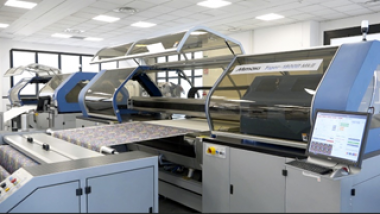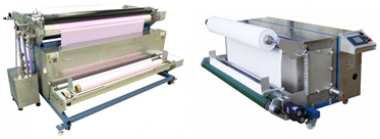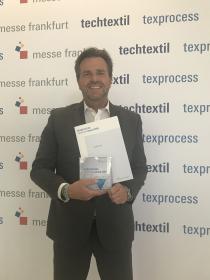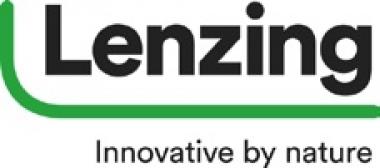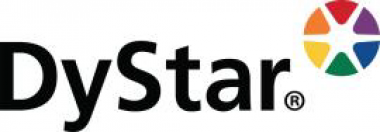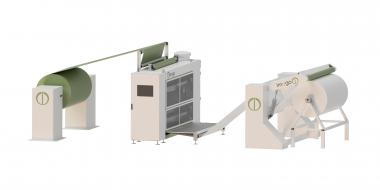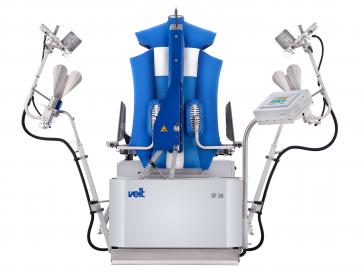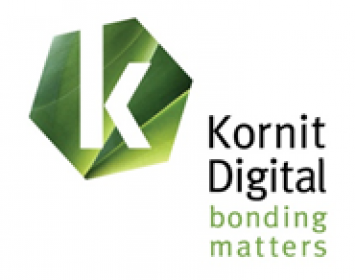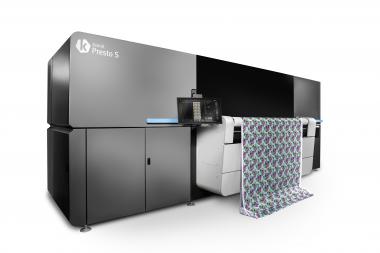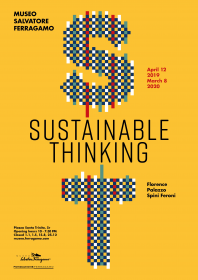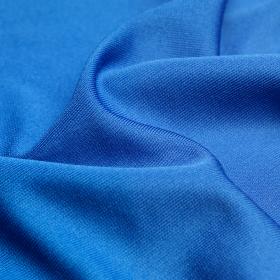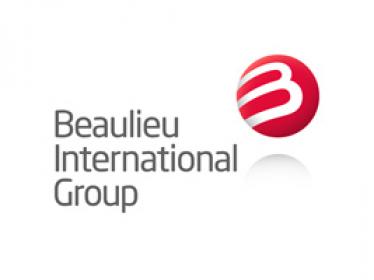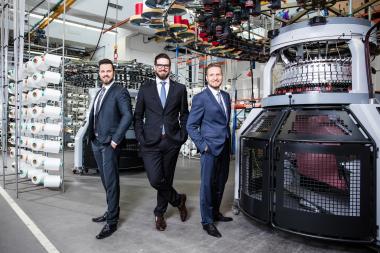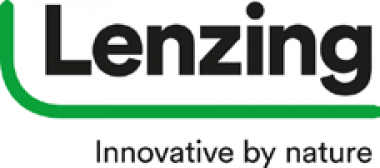HUNTSMAN TO FEATURE HIGH IQ® INTELLIGENT EFFECTS AND NON-FLUORINATED DWR TECHNOLOGY
Huntsman Textile Effects will be highlighting its HIGH IQ® intelligent effects and Durable Water Repellency technology at the upcoming OutDoor Retailer Summer 2019 show in Denver, Colorado.
As the industry leader in innovative and environmentally sustainable textile solutions, Huntsman Textile Effects offers mills and brands a comprehensive suite of intelligent effects through its HIGH IQ® performance assurance program. With a wealth of textile industry knowledge and experience, Huntsman Textile Effects helps mills around the world achieve greater productivity and efficiency.
Huntsman Textile Effects
Huntsman Textile Effects








